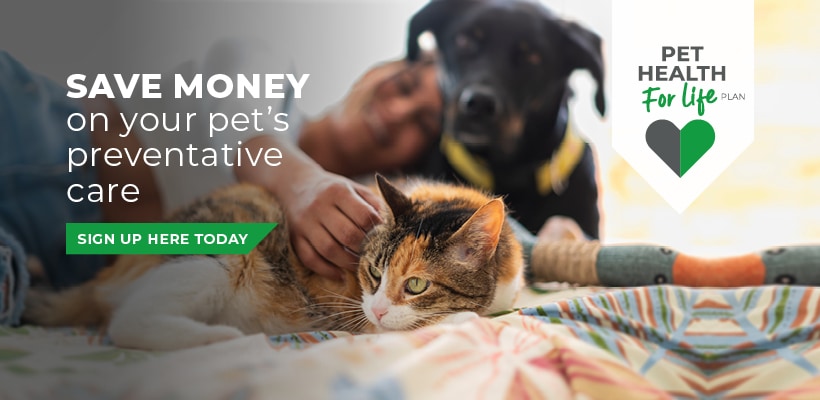Learning to recognise when your cat is feeling under the weather and being aware of any signs and symptoms that might signal the early onset of disease are both vital in keeping your pet in peak condition.
Knowing when to call your vet for advice and treatment could also help save your cat’s life in an emergency. Diseases and danger signs to be aware of include;
Feline herpesvirus
Just as with the human common cold, the virus that causes this upper respiratory-tract infection (cat 'flu') is easily transmitted from one cat to another, so vaccination is imperative if your pet will come in contact with other cats. Its symptoms may take the form of fever, loss of appetite, sneezing, eye and nasal discharges and coughing.
Kittens are particularly affected, but this disease can be dangerous in any unprotected cat, as effective treatment is limited. Even if a cat recovers, it will remain a carrier and in some cases can have recurrent health problems (and particularly in relation to the eyes) for life.
Feline Calicivirus
This virus is another major cause of upper respiratory-tract infection (cat 'flu) in cats. Widespread and highly contagious, its signs are variable and can include respiratory signs such as conjunctivitis and sneezing but fever, ulcers on the tongue and sometimes a 'shifting' lameness can occur sometimes without respiratory signs. Illness can range from mild to severe, depending on the strain of virus present. Once again, treatment of this disease can be difficult.
Even if recovery does take place, a cat who has had the virus can continue to infect other animals for a considerable period of weeks or months, as well as experience chronic sneezing and runny eyes. Some cats exposed to this virus may develop a life-long gum disease. Vaccination is therefore tremendously important to help prevent infection.
Feline Panleucopaenia
This potentially fatal disease is caused by a virus so resistant it can survive for a year or more outside a cat's body. Signs include: listlessness, diarrhoea, vomiting, severe dehydration and fever, like parvovirus in dogs.
Happily, the vaccine is very effective in preventing the disease, as treatment is very difficult. Recovery takes place for a period of several weeks, and even then, a cat that has recovered can still spread the disease to other unvaccinated animals.
Feline Leukaemia (FeLV)
Infection with the Feline Leukaemia Virus can result in a multitude of serious health problems: anaemia; certain types of cancer, and secondary problems caused by a deficient immune system. To complicate matters these problems may not show up for a very long time after infection. After initial exposure to the virus, a cat may show no signs of its presence for months, if not years, and in this time it may infect other cats through the transmission of the virus in saliva, for example through sharing food and water bowls or biting.
If your cat is not protected and you are concerned that he/she may be infected then testing is available to determine its FeLV status i.e. if he or she has been infected. Please ask in the practice about our blood tests to check for this disease.
In order to ensure your cat is protected against this potentially fatal disease which is easily transmitted by infected cats, vaccination is recommended for all cats that go outdoors, even if it’s just in the garden.
Feline Chlamydioses
This bacterial disease is the most common cause of conjunctivitis in cats. It is very contagious, especially in young kittens kept in groups and the infection rate can be very high in such environments. It causes a local infection of the mucous membranes of the eyes but may also lead to some mild respiratory signs. Chlamydiosis can be transmitted to humans by direct contact to cause typically conjunctivitis although this is rare.
Rabies
This incurable viral disease affects the central nervous system of almost all mammals, including humans if infected. It is spread through contact with the saliva of infected animals through bites or any break in the skin. Though not present in the UK, this disease occurs widely throughout many other countries of the world.
It is one of the requirements for the Pet Travel Scheme that all dogs, cats, and ferrets are vaccinated against rabies if travelling abroad.







